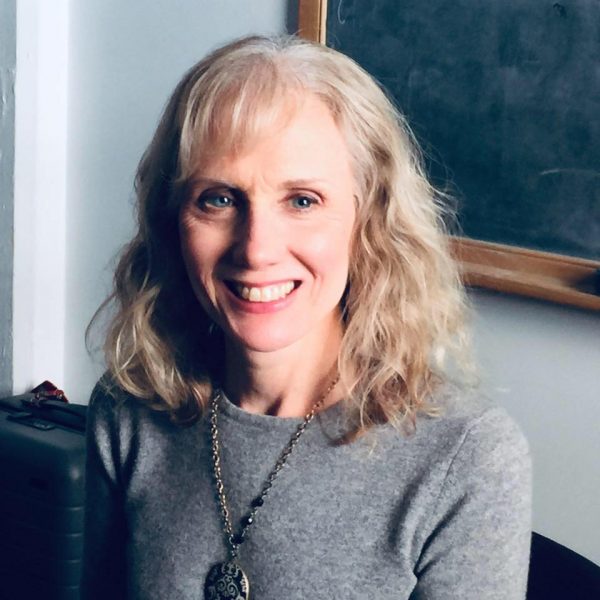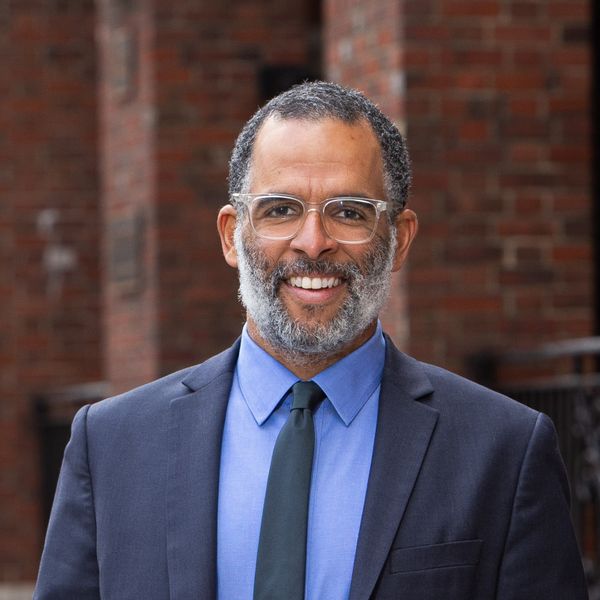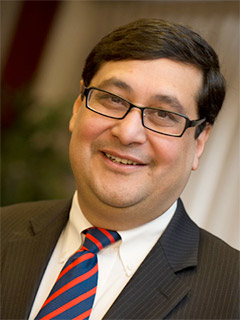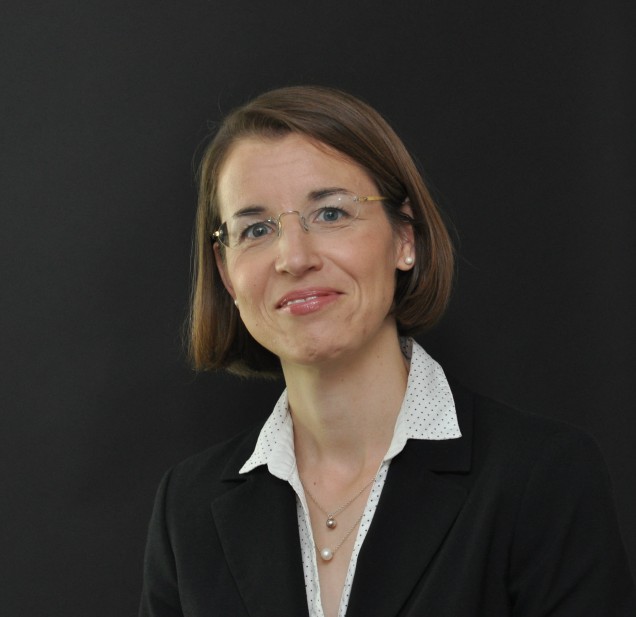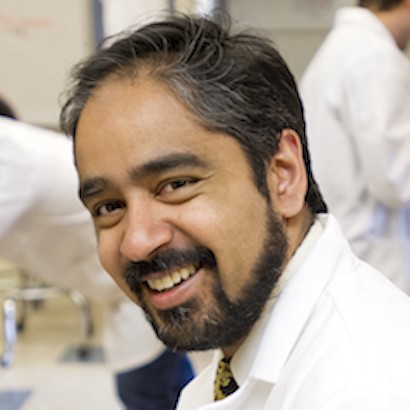Meet the 2024 GDP Center Faculty Steering Committee

Campus stock photography.
Photographed by Janice Checchio for Boston University Photography.
By Maureen Heydt
The Boston University Global Development Policy Center (GDP Center) is a policy-oriented research center working to advance financial stability, human well-being and environmental sustainability across the globe through rigorous interdisciplinary research, policy engagement and strategic communications.
There are two aspects that make the GDP Center unique among development-oriented centers across other academic institutions. First and foremost, the GDP Center recognizes that the development process is complex and thus, it is accordingly interdisciplinary in its approach.
To that end, the Faculty Steering Committee is staffed with experts in law, engineering, business, public health, economics, sociology, medicine, earth and environment, and global studies.
Below, meet the 2024 GDP Center Faculty Steering Committee Members:
Nahid Bhadelia, MD, MA, is an Associate Professor at the BU School of Medicine.
Dr. Bhadelia is the founding director of BU Center for Emerging Infectious Diseases Policy and Research. She is a board-certified infectious diseases physician and an Associate Professor at the BU School of Medicine. She served the Senior Policy Advisor for Global COVID-19 Response for the White House COVID-19 Response Team in 2022-2023.
Dr. Bhadelia’s research focuses on global health security and pandemic preparedness, including medical countermeasure evaluation and clinical care for emerging infections, diagnostics evaluation and positioning, infection control policy development, and healthcare worker training.
Deborah Carr is a Professor of Sociology at Boston University and is the inaugural Director of the Center of Innovation in Social Science, established in September 2021.
She is a life course sociologist who uses survey data and quantitative methods to study social factors linked with health and well-being in later life. She has written extensively on death and dying, bereavement, family relationships over the life course and the stigma associated with health conditions including obesity and disability.
Patricia Cortes is a member of the GDP Center Faculty Steering Committee, a Core Faculty Member of the Human Capital Initiative and an Associate Professor of Markets, Public Policy and Law at the Boston University Questrom School of Business. She co-leads the Human Capital Initiative’s Program on Women’s Empowerment Research.
She is an empirical labor economist working on international migration and gender. In her work, she has studied how low-skilled immigration affects prices and the labor supply of high skilled women in the US, female migration flows in East Asia, the migration of Filipino nurses to the US and the role of the demand for time flexibility in explaining gender pay gaps and occupation segregation. Her ongoing projects include a study on the barriers to female labor force participation in Saudi Arabia and an investigation of gender differences in negotiation and job search using experimental methods.
Steven Dean is a Professor of Law and the Paul Siskind Research Scholar at the Boston University School of Law.
He is an expert in tax law, has published books about taxation, philanthropy and social enterprise. He has also published articles in a variety of traditional and popular venues, including the NYU Law Review and The Nation. Dean testified before the US House of Representative Ways and Means Committee about the impact of racism on tax policy, served as a consultant to the Organization for Economic Cooperation and Development, and as a General Rapporteur for the International Academy of Comparative Law.
Dilip Mookherjee is a Professor of Economics at Boston University. He received his PhD from the London School of Economics in 1982, and has previously taught at Stanford University and the Indian Statistical Institute. His primary research interest is in inequality and development economics, with recent projects focusing on land reforms, governance, microfinance, supply chains, entrepreneurship and sustainability in South Asian countries.
Adil Najam is a Professor of International Relations and of Earth and Environment at Boston University and served as the inaugural Dean of the Frederick S. Pardee School of Global Studies at Boston University.
Earlier, Dr. Najam served as Vice Chancellor of the Lahore University of Management Sciences (LUMS) in Lahore, Pakistan and as the Director of the Boston University Pardee Center for the Study of the Longer-Range Future.
In addition to Boston University, he has taught at the Massachusetts Institute of Technology and at the Fletcher School of Law and Diplomacy, Tufts University.
His research focuses on issues of global public policy, especially those related to global climate change, South Asia, Muslim countries and environmental and human development.
Anne Short Gianotti is an Associate Professor of Earth and Environment at Boston University.
She is a human-environment geographer who studies the social and political dimensions of conservation, wildlife management and climate change. She uses mixed-methods to understand how socio-political and ecological processes catalyze changes in land use, management and policy.
Short Gianotti’s research experience spans issues as diverse as wildlife management, climate justice, disaster risk reduction and cannabis cultivation. She often collaborates with researchers across disciplines and works directly with natural resource agencies, local governments, residents and other decision-makers to connect her research with practice.
Veronika J. Wirtz, MSc, PhD is a Professor in the Department of Global Health at the Boston University School of Public Health, where she is also Director of the World Health Organization Collaborating Center in Pharmaceutical Policy.
Her research focuses on health system strengthening and policy and program evaluations of medicines access and utilization. She is also a Visiting Professor of the National Institute of Public Health (INSP) in Mexico.
Her interest and expertise include medicines price analysis, generic medicines policies, quality use of medicines, access to medicines for non-communicable diseases and the role of the private sector to promote equitable access and efficient use of medicines in low and middle income countries. Among other international studies, Dr. Wirtz carried out cross-national comparison of medicines consumption using large sales data bases to inform policy making about adequate use of medicines and prevention of antimicrobial resistance.
Muhammad Zaman is a Professor of Biomedical Engineering at Boston University and the Founding Director of the Boston University Center on Forced Displacement.
His research focuses on the interface of cell biology, mechanics, systems biology and medicine. He is interested in understanding and decoupling the integrated chemical, biological and mechanical basis of tumor invasion that precedes metastasis. He utilize computational and experimental tools rooted in cell biology, chemistry, mechanics and imaging to ask how cells process external information and use it to develop specific responses in native like 3D environments. The work is also aimed at developing multi-scale models, integrating both first principle and data driven approaches to quantify cell signaling, adhesion and motion in 3D environments.
*
Never miss an update: Subscribe to the GDP Center Newsletter.

